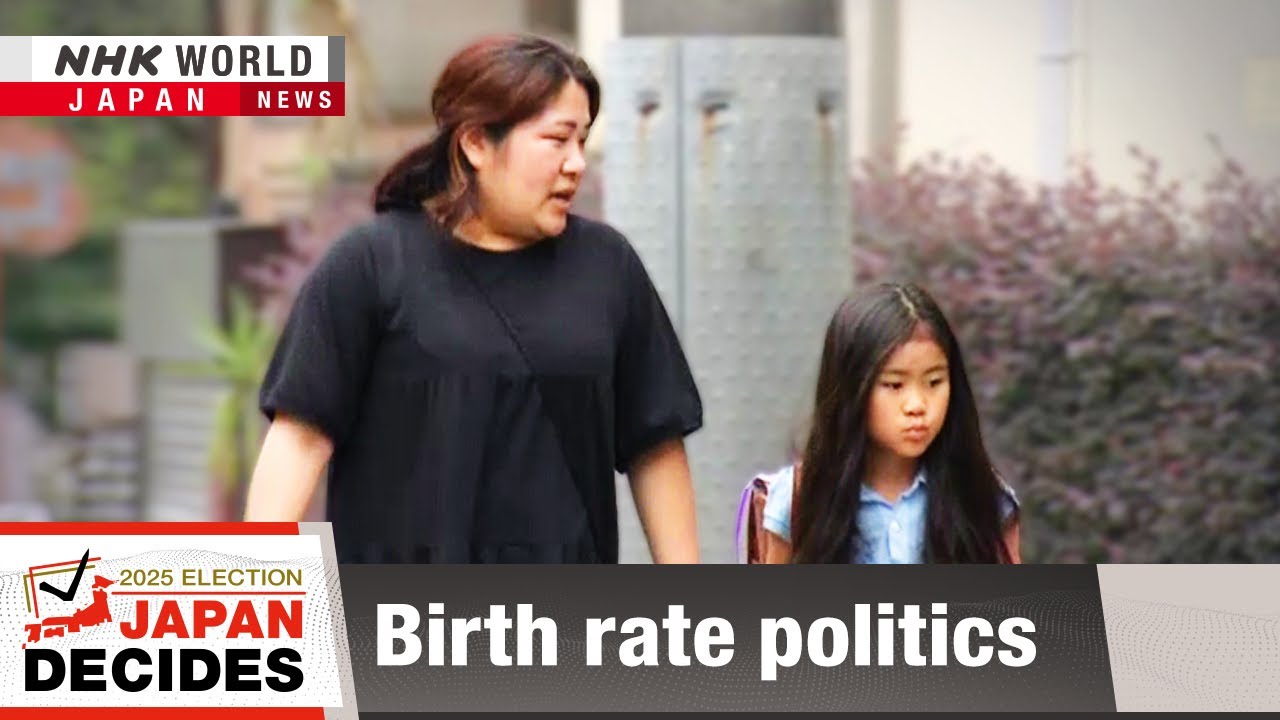
“While Japan has seen little resistance to the recent influx of immigrants, the country’s policies provide inadequate support to newcomers to integrate into the Japanese economy and society. Japanese policies do offer immigrants access to healthcare and permanent residential status—valuable benefits, especially compared to pre-shrink policies. However, immigrants also receive minimal language support, access to education, disaster preparedness training, and resources that help build an understanding of Japanese culture and customs. Japan is also the only developed democracy that does not have an anti-discrimination law or judicial body, which means immigrants facing discrimination cannot seek justice.
Moreover, many immigrants cannot become naturalized citizens, which would allow them to vote, become civil servants, and travel to and from Japan without permits. Children gain citizenship status if their parents have Japanese heritage, but the process of becoming a naturalized citizen without family from the country is difficult. For example, applicants must live in Japan for five consecutive years, prove their ability to make a living from their assets or skills, and give up all other nationalities. This means that children can be raised in Japan for their whole lives by parents who are permanent residents but not Japanese citizens. Stringent naturalization requirements can turn off prospective immigrants considering a move to Japan…
Supporting immigrants, particularly in learning the local language and customs, can create “positive assimilation”: when immigrants earn more over time as they become familiar with the culture and work practices in their host country. Language programs upon arrival as well as measures to address immigrants’ struggles—such as discrimination support and on-the-job training—could facilitate salary increases. Because economic integration is essential to positive assimilation, support with job transitions, work culture acclimation, and job mobility are crucial to the livelihood of immigrants in Japan. These efforts could also include campaigns to encourage employers to hire foreign workers.
While the Japanese government and people might not be against immigrants, Japan could provide them with better support. Helping immigrants integrate into the Japanese society and economy is essential for not only recruitment, but also for the wellbeing and economic security of immigrants. These goals, in turn, are critical to solving Japan’s population crisis and consequent labor shortages. Immigrants could play a pivotal role in funding the ever-expanding social security net and fueling the country’s economy—if they are given the opportunity and assistance to succeed.”











